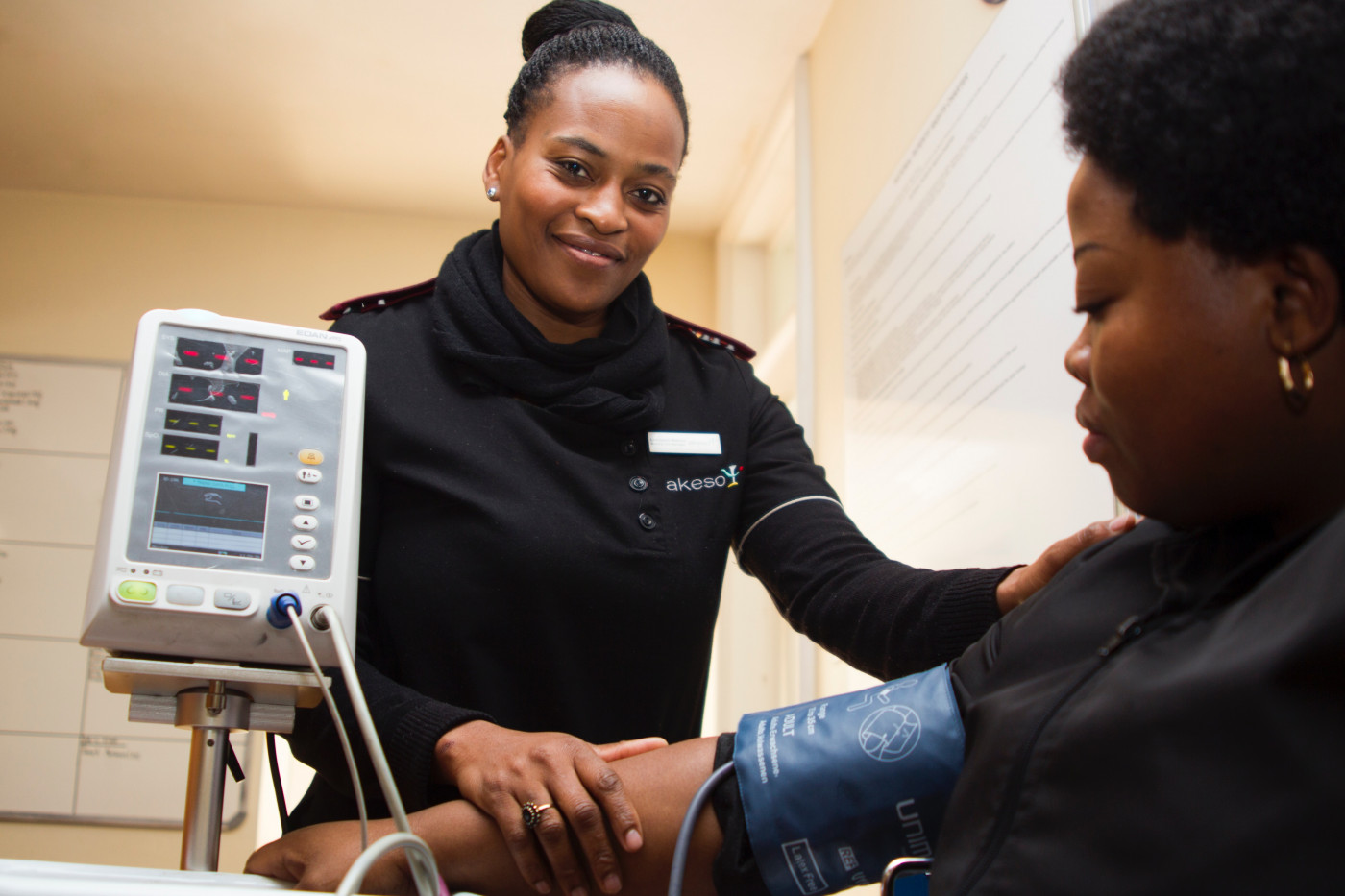‘Cheek Week’ Seeks Donors to Join Marrow Donor Program
Written by |

Hush Naidoo/Unsplash
As a stem cell transplant is the only curative treatment for sickle cell disease (SCD), a blood disorder that disproportionately affects Blacks and African Americans, “Cheek Week” is again calling for the participation and inclusion of donors from different ethnic backgrounds in the Be The Match registry, a U.S. marrow donor program.
“Many people don’t know that race and ethnicity play a role in finding a matching donor,” Erica Jensen, said in a press release. Jensen is senior vice president of Member Enrollment, Engagement and Experience for Be The Match.
“We have within us the power to save the lives of individuals from our own communities. Black patients are least likely to find a matching donor on the Be The Match Registry than any other community. More Black donors are urgently needed to help cure patients,” Jensen added.
Held from July 10–17 to coincide with the African American Bone Marrow Awareness Month, Cheek Week is supported by Be The Match in partnership with the City of Atlanta and Gwinnett County, Georgia. It includes a series of events in Atlanta to promote registry recruitment, including a celebratory walk, and a meeting between a donor from Atlanta and his or her transplant recipient.
Cheek swabbing drives were available from July 13–15 at Children’s Hospital of Atlanta. A rapid cheek swab determines a participant’s human leukocyte antigens (HLA) profile. It is a group of proteins recognized and used by the immune system to distinguish cells that belong in the body from those that do not. HLA matching is the basic principle used to match patients and donors for bone marrow transplants.
On Friday the KIPP STRIVE Primary School in Atlanta will have an open drive and a “Fun in the Sun” walk for Be The Match patients, donors, and ambassadors.
“A simple swab of the cheek can inspire hope for thousands of Black patients waiting and hoping for a matching donor,” said Marci Collier Overstreet, City of Atlanta council member who sponsored the Cheek Week proclamation.
“We hold within us the cure to cancer like leukemia and diseases that disproportionately affect the Black community like sickle cell disease. This is the chance to be a hero, to stand up against racial inequalities and save a life. I know Atlanta residents will rise to the challenge and join the Be The Match Registry,” Overstreet added.
Black and African American SCD patients’ chances of finding a matching donor on the Be The Match Registry is only 29%, which contrasts with up to 79% for patients of other ethnic backgrounds.
This disparity means that countless SCD patients are left without a matching donor, such as Joshua Biyoyouwei, a 14-year-old boy from Lawrenceville who experienced his first SCD pain crisis when he was 5 months old. At 18. month, he experienced a sickle-cell related stroke that left him partially paralyzed and reliant on a wheelchair.
Joshua has been looking for a matching bone marrow donor for more than 10 years. Marlene Fosque, Gwinnett county commissioner, is supporting Joshua’s search and encouraging Gwinnett residents to attend a drive-thru swabbing event taking place on Saturday from 10 a.m. to 1 p.m., at Rhodes Jordan Park in Lawrenceville.
Adults ages 18–44 can register for the Be The Match Registry here. After filling out a questionnaire on medical history, which will be used to determine if they are suitable candidates, participants will receive a cheek swab kit by mail. The kit then will be returned and used to determine the potential donor’s HLA type, which will be added to the registry and used in the matching process.






